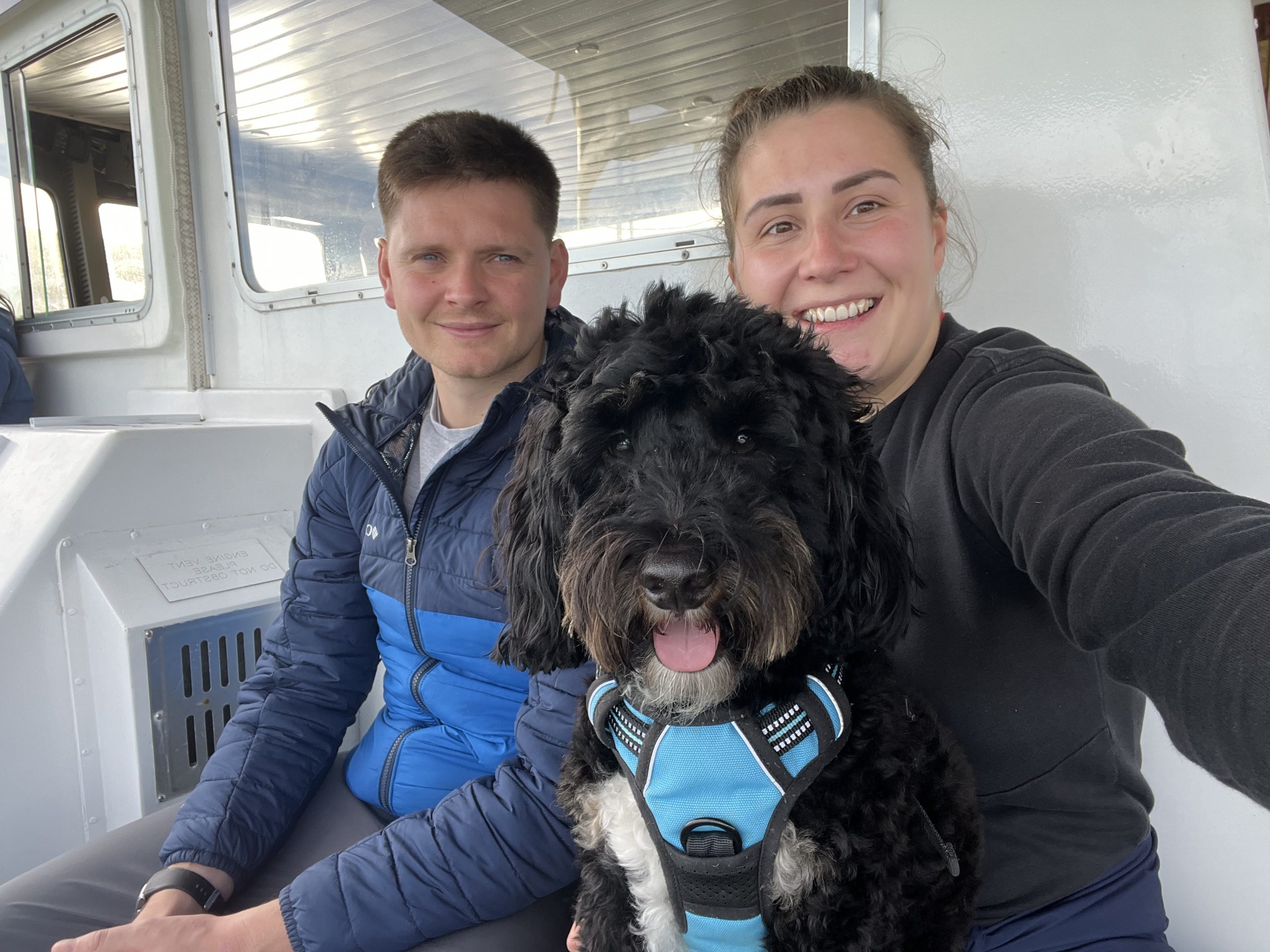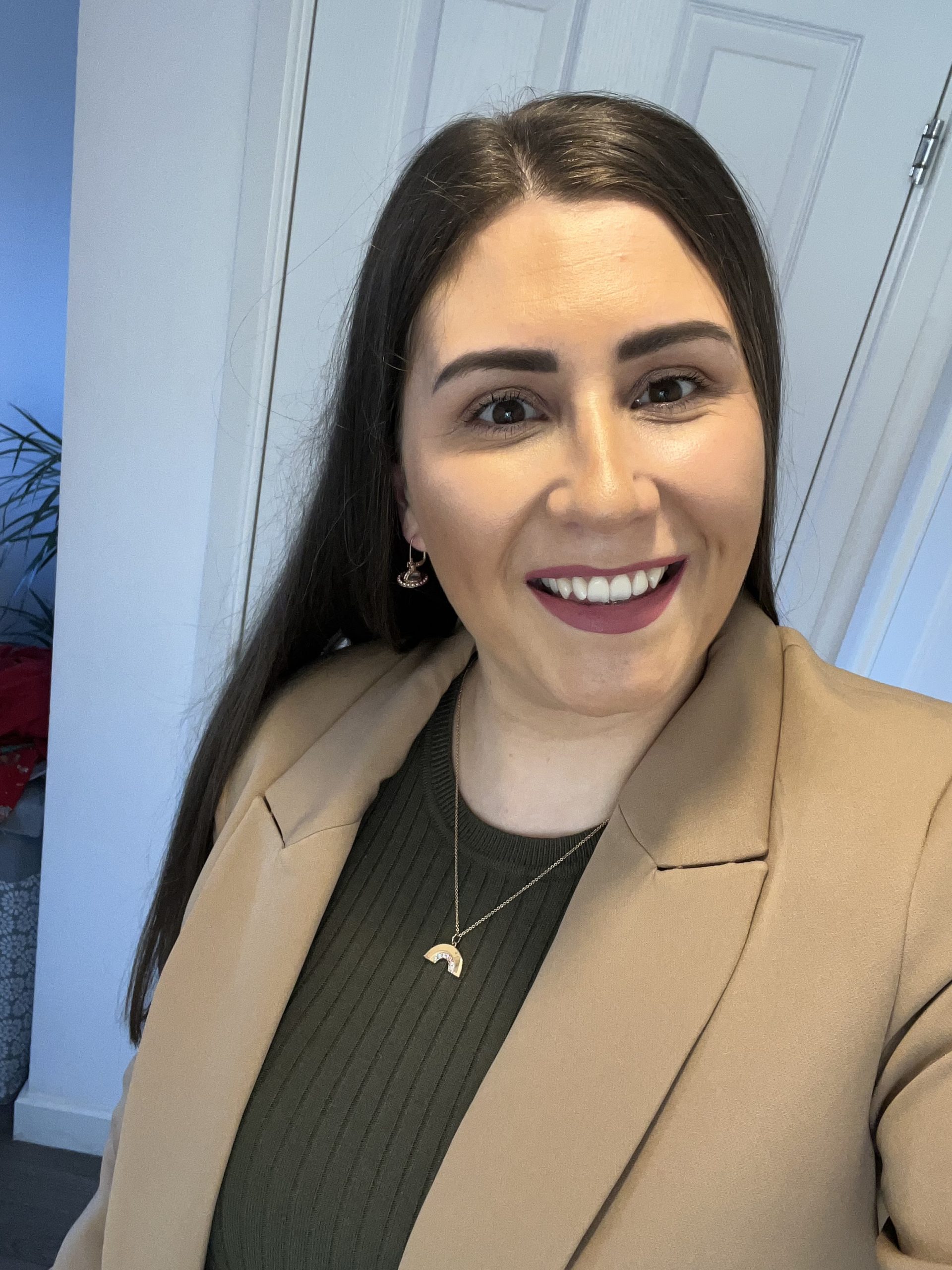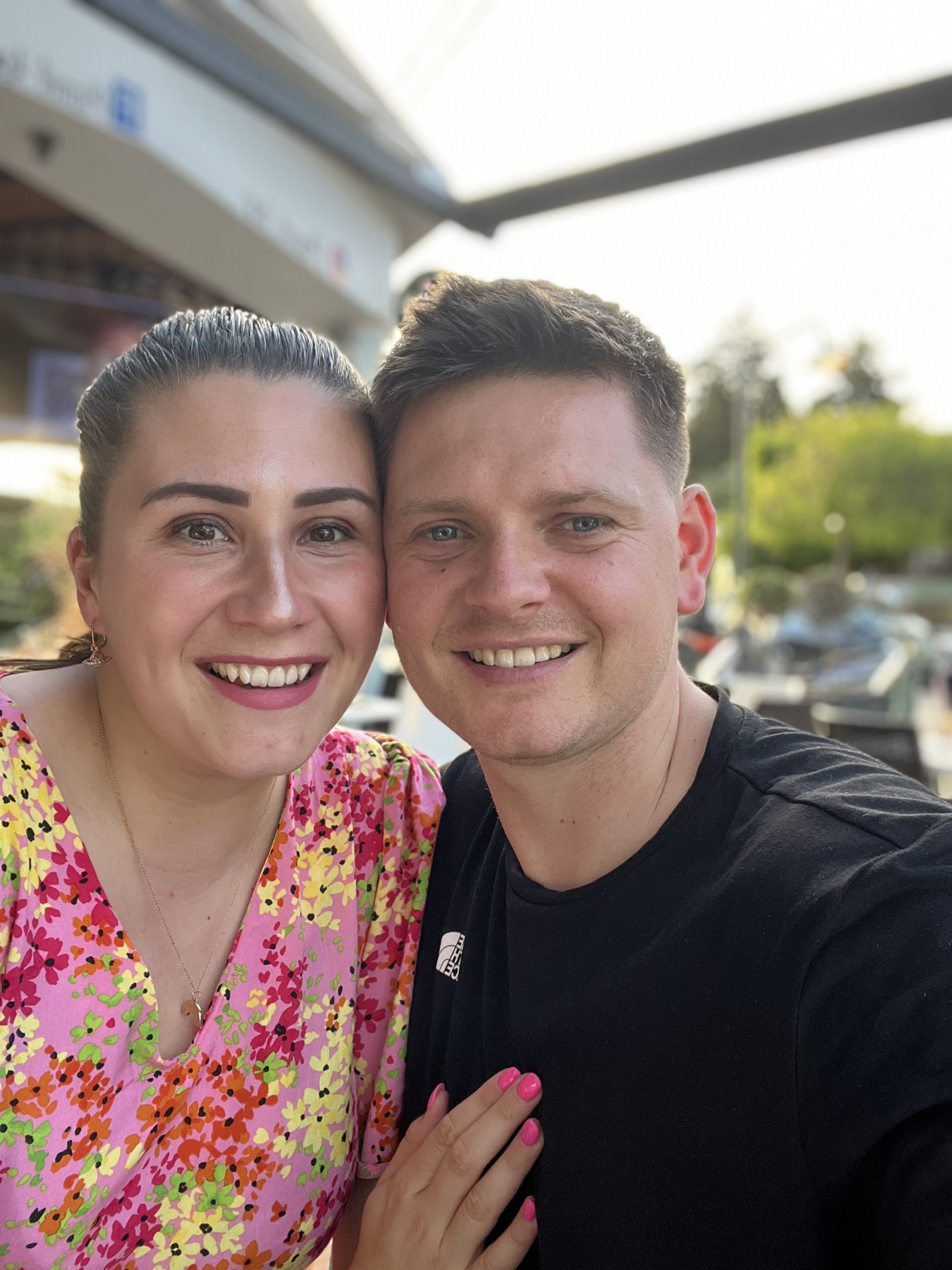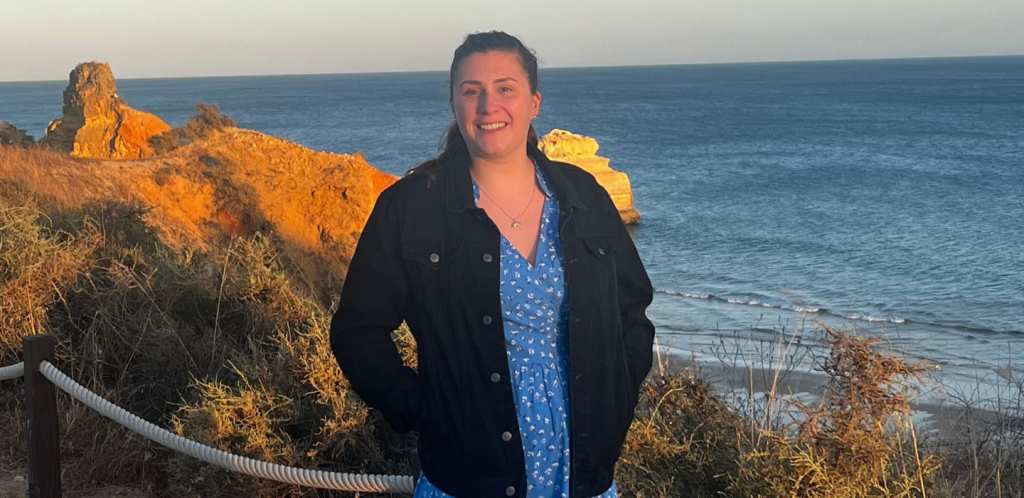People’s experiences of living with neurodiverse conditions can differ hugely, but for Darcy Williams, she’s found having autism can impact her mental health – particularly during certain times of year.
However, she says planning ahead for those months has made them much easier to cope with, and this winter she found our Reset Programme at Harcombe House helped her hugely.
“For me, I really struggle during winter time – December and January in particular,” says Darcy, who’s an Internal Communications Officer for Lancashire FRS. “I find Christmas very overwhelming.

“I’ve got a neurodiverse condition, I’m on the autistic spectrum, and depression and anxiety go hand in hand with that for me. When it gets to winter, I really struggle with seasonal affective disorder (SAD).
“I’d say it’s been an issue for me right through adulthood, since leaving college and that set routine. I struggle with sleep and then some triggers can set me off. For example last year, in December, we were worried a house we were buying was going to fall through, and that caused a lot of anxiety.
“Also, my Grandad passed away very recently, which has been really tough for me as we were very close.
“I knew this winter it would be difficult, and I really wanted to do something about it early, so that’s why I got in touch with the charity.”
Darcy, 28, spoke to our Assessment Practitioner team, as well as one of our Psychological Therapists, and was offered a place on a Reset Programme in January, at Harcombe House.

You can find out more about our Reset Programme here.
“That was something to focus on then for me,” says Darcy. “I was really nervous at first, I was going down on my own, not knowing anyone there, but I loved it.
“You get there on the Sunday and meet your group at dinner, which was really nice because it gave us chance to introduce ourselves and feel a bit more comfortable ahead of the programme starting.
“I really loved the swimming. We did water polo and like a gym circuit in the pool – we had a laugh doing that. We all got on so well and we’re actually all in a Whatsapp group now too.
“Ours was also a women’s only week, which for me personally was perfect. The type of conversations we had, both as a group and in the sessions, were so open. I felt more comfortable talking about women’s health in that setting.
“The amount of times we all cried together… it just felt completely comfortable.”

She adds: “The mindfulness and self-care were key takeaways for me. I’ve started journalling since being at Harcombe, which I’ve never really done before, and that’s really helped me.
“The connecting with nature and being more present has been really helpful for me too.”
Alongside our programmes at our centres, we have a whole host of online courses available to our service users, as well as resources such as videos, our Shout! Podcast and much more.
We’re always hoping to highlight the importance of taking care of your wellbeing early, before you think you need help, and that message is incredibly important to Darcy too.
“It’s important to have that self-awareness, so you can notice when things aren’t quite right. I’ve learnt that the hard way really. If you don’t have that self-awareness, it’s a snowball effect and it just becomes bigger and bigger,” she adds.
“It’s about learning to deal with things at the start, before they become too much. Even though you might feel okay, maybe just not quite 100%, I think that’s the time when you need to get the help because otherwise it gets too far and you don’t know what to do.”
If you feel you’d benefit from our health and wellbeing support, you can call our Support Line on 0800 389 8820, make an enquiry online or visit the ‘Access Support’ tab in My Fire Fighters Charity.
And remember – if you’re feeling suicidal, you can call our Crisis Line 24 hours a day on 0300 373 0896.

